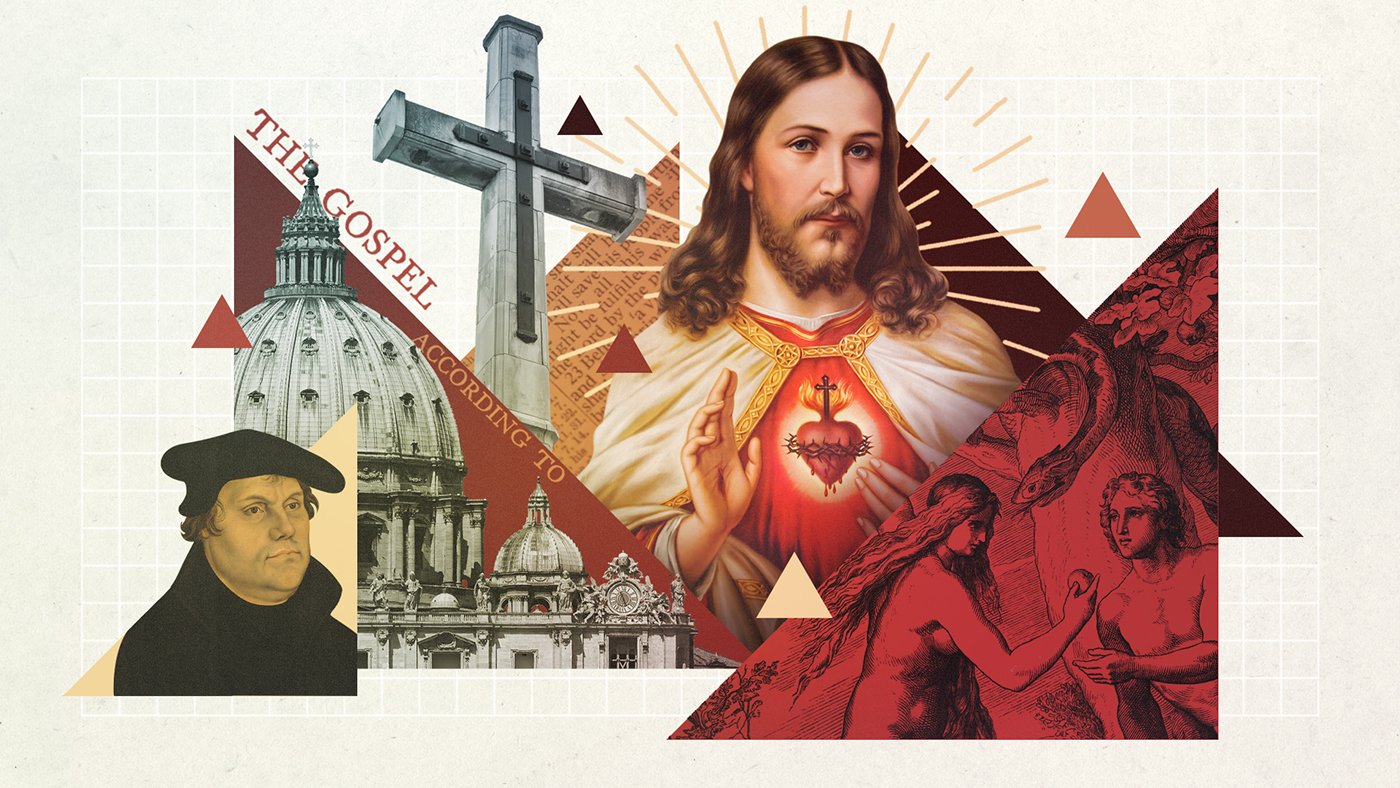Europe’s Antisemitism Cycle Reinforced by the Palestinian Cause
A disturbing cycle has taken shape in Europe. In the past, the continent displayed symbols such as the cross, and later the swastika, to manifest religious and racial antisemitism. Today, however, the Palestinian flag has emerged as a new emblem of national antisemitism directed against Israel.
In the tense days before a pivotal Middle Eastern war, Israel found itself surrounded by adversarial forces. During this critical period, key European decisions—including an arms embargo imposed by France, which had been Israel’s primary supplier—escalated the stakes of the conflict. Soon after the military successes that followed, influential European voices raised serious doubts about the establishment of the Jewish homeland, suggesting that settling on disputed lands might only lead to endless strife and renewed conflicts.
Later events highlighted Europe’s complicated role in regional security. For instance, during a subsequent conflict marked by a surprise attack on Israel, Europe’s restrictive policies sometimes forced American military support to bypass European territory altogether. These constraints underscored the uneasy balance between political alliances and longstanding antipathy.
Recent developments have further complicated Europe’s internal dynamics. The influx of migrants coupled with entrenched antisemitic views has opened a new chapter in the historical narrative. While earlier decades rarely saw explicit mentions of issues such as “starvation” or “genocide” in mainstream discussions, today these themes are woven into the discourse, often implicitly supporting antisemitic agendas and providing ideological cover for those opposed to Israel.
History attests to a long legacy of European antisemitism—one marked by exclusion, forced conversions, and acts of violence over centuries. In its darkest hours, Europe not only turned a blind eye to the suffering of Jews but sometimes actively participated in it. Even during the Holocaust, some European nations contributed to the tragedy through policies that abandoned the Jewish people to their fate.
Today, as several European nations face economic crises, political instability, and demographic challenges—with low birthrates and rising social tensions—the underlying resentments seem to reemerge. Some segments of society perceive that by pushing Jews towards a stable refuge in Israel, they can indirectly alleviate their own national troubles. In this perspective, a stronger Israel is seen as the inevitable outcome of European turmoil.
Demonstrations in support of Palestinian causes continue throughout Europe. For many, these rallies are more than just political statements—they highlight a diversion from pressing domestic issues. As debates over migration intensify, groups that question current policies are often met with severe criticism, further polarizing the political landscape.
In such an environment, the future for Jews in Europe appears increasingly uncertain. While struggling with internal challenges, many Jews find solace and security in Israel—a nation that not only offers refuge but also stands as a symbol of resilience. This dynamic reinforces a cycle in which antisemitism and migration pressures push Jewish communities toward Israel, consequently reinforcing its strength and further weakening European cohesion.
Critics who suggest that Jewish communities contributed to the loss of sympathy for their plight overlook the deep historical roots of European antipathy. The transformation of overt religious prejudice into more politically charged forms demonstrates how antisemitism adapts to contemporary realities. Once closely associated with specific symbols of hate, these sentiments are now cloaked in a nationalist discourse that seeks to marginalize the Jewish presence in Europe.
The current trend, with Europe increasingly aligning itself with the Palestinian cause, symbolizes not only a shift in political priorities but also a self-reinforcing narrative of decline. As European societies confront mounting challenges—economic stagnation, social discord, and cultural pessimism—a powerful sentiment takes hold: the notion that a true future for Jews can only be found in the steadfast optimism of Israel.
This reimagined identity of European antisemitism echoes a tragic, cyclical history. What began as overt symbols of religious and racial hatred has now mutated into subtly expressed political hostility. In a continent struggling to reconcile its past with a challenging present, the enduring rift between Europe and its Jewish community has taken on a modern guise—a farce that continues to shape the destiny of both Europe and Israel.

Rockin’ the faith, one verse at a time!
Growing up, the Bible’s stories deeply impacted me. Now, with over 15 years of preaching experience, I blend timeless teachings with modern technology, making them relevant for today’s world.
Bible Hub Verse is my platform to share historical insights and thought-provoking articles, exploring both familiar and uncommon Christian topics. My passion is building a welcoming online space for everyone to learn, grow in their faith, and discover the Bible’s enduring message.
Join the journey!
God bless you.







